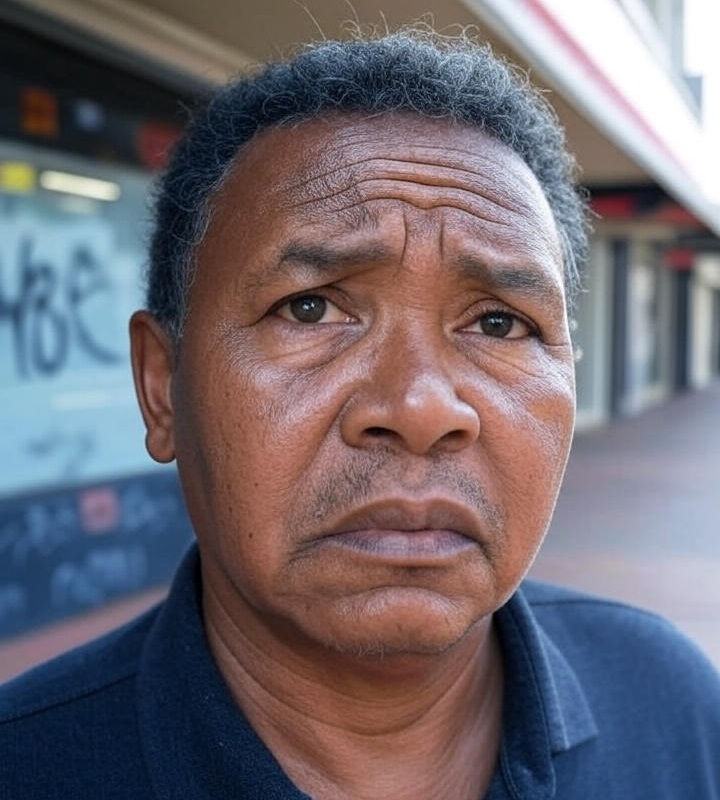Why Justice Is Ineffective in the NT
- Sam Wilks

- Jul 22, 2025
- 3 min read

Justice must act as a deterrent and a boundary in any functioning society, a distinct boundary between individual accountability and social repercussions. However, this vital role has been gradually undermined in the Northern Territory. Under the guise of compassion and "rehabilitation," the increase in judicial leniency has created an environment where criminals are given more confidence while the productive majority are exposed, demoralized, and eventually punished for their virtue.
The reasoning is straightforward, that the cost-benefit analysis for crime changes if the threat of consequences disappears. The criminal rapidly discovers that society is unable or unwilling to enforce its own standards after balancing the possibility of a significant punishment against the possible reward. For those who choose to ignore the law, every slap on the wrist, suspended sentence, and justification of "root causes" sends a message that the law is negotiable.
In practice, this leads to an increase in repeat offenders who see the system as a hurdle rather than a Wall. The courts in the NT have created a revolving door system that cycles offenders through a pointless process and paperwork, rarely stopping to think about the growing toll on those who create, labour, and contribute. This is far from delivering justice.
It is not an abstract failure. Small business owners, tradespeople, families, and the very people who are essential to local prosperity, the productive heart of the Territory, are caught in a difficult situation. On the one hand, they must bear the direct consequences of crime, such as loss of productivity, property damage, theft, and, personal danger. However, when the state they support is unable or unwilling to defend their efforts, they are confronted with the encroaching cynicism that follows. The judiciary's message is clear , that to "understand" those who violate the law, the law-abiding must be willing to accept risk, loss, and anxiety.
From a position of high-minded theory, proponents of leniency contend that softer sentencing promotes rehabilitation and addresses underlying disadvantages. However, the information presents a different image. Recidivism rises in areas with little consequence. Repeat offences and property recovery rates are consistently higher in areas with lax policies. Honest citizens, meanwhile, increase security, spend money on surveillance camera’s, and change their daily routines, shifting the burden of judicial failure to those who can least afford it.
The intangible cost is equally damaging. Social trust is undermined when people lose faith in the legal system. Communities split along lines of suspicion and disengagement, reporting rates decline, and cooperation with the police declines. Productive citizens question whether society is deserving of their investment or even their continued presence, rather than what they are told owe it.
This is a moral betrayal rather than just a legal or financial failure. Maintaining standards is the cornerstone of any civilised society. It is not cruelty. Refusing to confront wrongdoing is a sign of surrender rather than virtue. Real justice does not sacrifice the future of the honest on the altar of ideological sentiment. It recognises that mercy, to have meaning, must follow accountability, not replace it.
The Territory will continue to be a breeding ground for the entitled, the opportunistic, and the violent until its courts rediscover the hard-won knowledge that deterrence safeguards the individual as well as the community. The law-abiding will still be held accountable, not for their transgressions, but rather for the state's inability and unwillingness to protect them. Only when consequence is once again at the centre of the legal equation will justice be served in any meaningful way. From the author.
The opinions and statements are those of Sam Wilks and do not necessarily represent whom Sam Consults or contracts to. Sam Wilks is a skilled and experienced Security and Risk Consultant with 3 decades of expertise in the fields of Real estate, Security, and the hospitality/gaming industry. Sam has trained over 1,000 entry level security personnel, taught defensive tactics, weapons training and handcuffs to policing personnel and the public. His knowledge and practical experience have made him a valuable asset to many organisations looking to enhance their security measures and provide a safe and secure environment for their clients and staff.


Comments